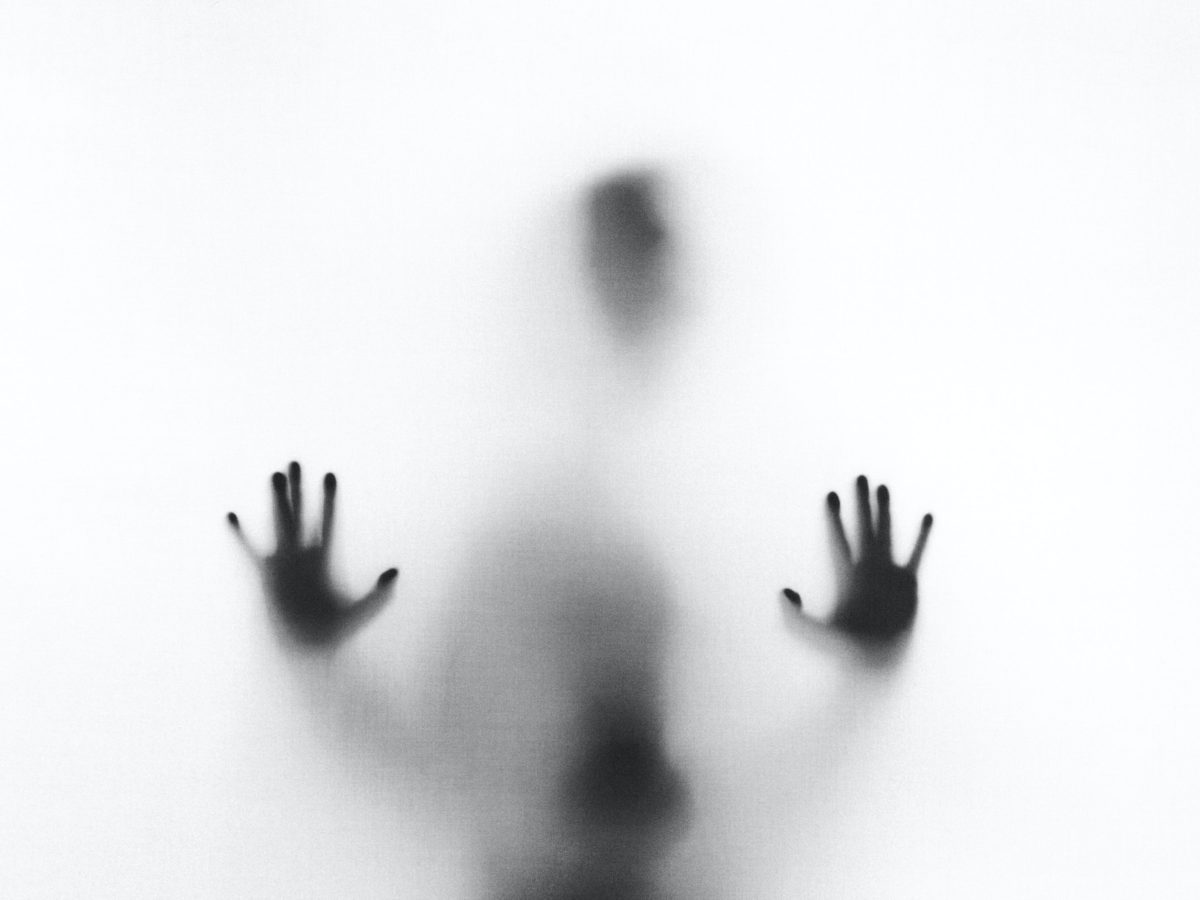
Examining The Homeland Security Effort Against Trafficking Through The Blue Campaign
By a Biometrica staffer
In this piece, we look at the DHS Blue Campaign Enhancement Act, introduced in both chambers of Congress, which seeks to increase coordination between various components of the Department of Homeland Security (DHS) and augment the Blue Campaign.
The Blue Campaign is an awareness and educational campaign about human trafficking targeted at law enforcement, industry partners, and the general public. In addition to outlining indicators that people can look for, it also advises them on how best to respond when they suspect they have encountered an instance of human trafficking.
For instance, one program under the Blue Campaign is the Blue Lightning Initiative, which specifically focuses on people in the aviation industry, teaching them how to identify and help in cases of potential human trafficking. Over 100,000 personnel in the sector have been trained so far, according to the DHS.
Currently, in the run-up to the Super Bowl (set to take place in Los Angeles in February) DHS officials are training employees at LAX on human trafficking indicators:
The Blue Campaign Enhancement Act was introduced in the House in April 2021 and was approved in July. The Senate version was introduced in October and is now pending review by the Committee on Homeland Security and Governmental Affairs.
The bill is simple and only suggests two steps to make the Blue Campaign more effective. Part of the mandate is for the DHS to “develop Internet-based training programs” for its stakeholders like law enforcement and corrections officers. Secondly, it calls for the creation of an advisory board composed of DHS officials from Customs and Border Protection, the Transportation Security Administration, Immigrational and Customs Enforcement, etc. to “provide information and data on human trafficking” to the Blue Campaign.
According to an assessment by the Congressional Budget Office, the bill would not necessitate “substantial action by the department and would cost less than $500,000 over the 2020-2025 period.” For reference, the DHS budget request put forth by the Biden Administration for the 2022 fiscal year was $90.80 billion.
In the 2021 fiscal year, over 4,500 federal, private non-profit, law enforcement, congressional, and general public attendees were trained by the Blue Campaign, through 68 presentations. The Blue Lightning Initiative also added 28 new partners, while additional trains were developed for youth program professionals, front-line convenience store employees, and campus law enforcement.
According to the Blue Campaign website, here are a few key indicators that someone is being trafficked:
- Does the person appear disconnected from family, friends, community organizations, or houses of worship?
- Has a child stopped attending school?
- Has the person had a sudden or dramatic change in behavior?
- Is a juvenile engaged in commercial sex acts?
- Is the person disoriented or confused, or showing signs of mental or physical abuse?
- Does the person have bruises in various stages of healing?
- Is the person fearful, timid, or submissive?
- Does the person show signs of having been denied food, water, sleep, or medical care?
- Is the person often in the company of someone to whom he or she defers? Or someone who seems to be in control of the situation, e.g., where they go or who they talk to?
- Does the person appear to be coached on what to say?
- Is the person living in unsuitable conditions?
- Does the person lack personal possessions and appear not to have a stable living situation?
- Does the person have freedom of movement? Can the person freely leave where they live? Are there unreasonable security measures?
The DHS does warn, however, that none of these indicators is absolute. That is, not every one will be included in a human trafficking situation, nor is it necessary that if an indicator is present it is definitely a case of human trafficking. There is a degree of intuition and subjectivity needed in assessing such situations.
The DHS is the department that is responsible for investigating human trafficking, protecting victims, and arresting offenders, via its Center for Countering Human Trafficking (CCHT). It follows a victim-centered approach in tackling human trafficking, per the website. The CCHT comprises 16 “supporting offices and components,” though it is led by Immigration and Customs Enforcement (ICE) Homeland Security Investigations (HSI). According to the website, the CCHT is “the first unified, intercomponent coordination center for countering human trafficking and the importation of goods produced with forced labor.”
To report suspected human trafficking to Federal law enforcement call 1-866-347-2423
To get help from the National Human Trafficking Hotline call 1-888-373-7888